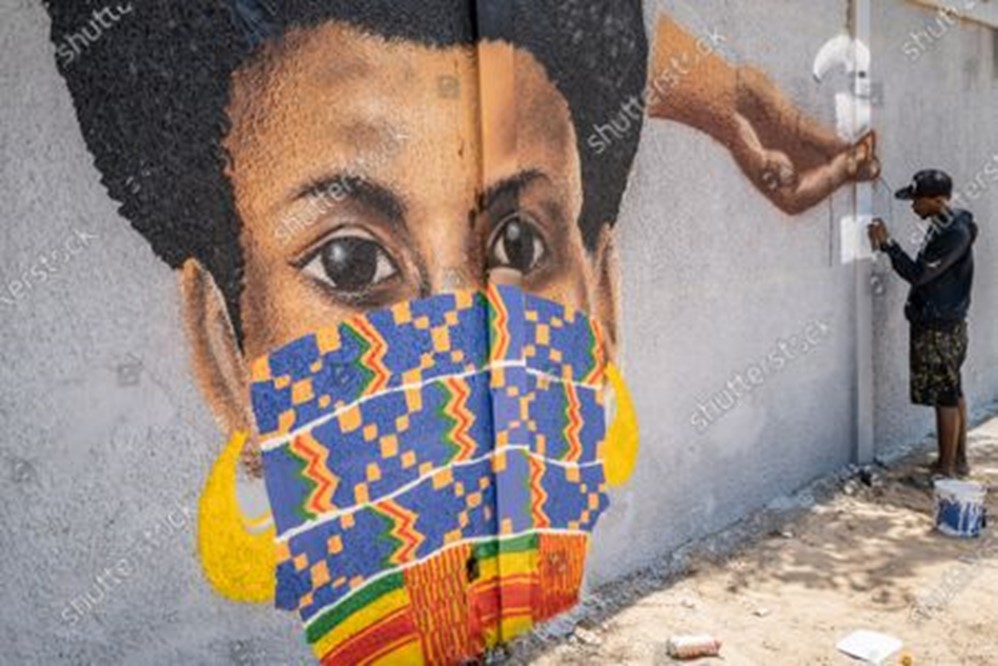Senegal has surpassed expectations in their response to Covid-19. At the beginning of the pandemic, news outlets reported western countries falling to their knees, overwhelmed health care services, and people dying from lack of. If this was standard in the West, surely Covid would crumble the already fragile health care systems in Africa.
However, six months into the declaration of the pandemic, and Senegal has managed to keep their cases to 96 per 100,000 and a total of 315 Covid-related deaths. With only seven physicians per 100,000 people, this was a great success and a commendable handling of the situation.
How was this achieved? Through delivering a clear, unwavering communication strategy to the general public. Efforts to equip hospitals with more ICU beds and ventilators, combined with clear public guidance on preventative measures, ensured their health care systems were not overwhelmed.
There was no back tracking of logistics, no herd immunity strategies or ‘Stay Alert’ tactics. The public support was strong following the government advice and despite fears of them being inaptly equipped to deal with a wide spread out-break, their communication strategy to the general public was so strong that they didn’t reach that ‘critical point in the curve.’
Murals were painted on the walls on Senegal’s oldest University, displaying Covid guidelines via creative out-of-home methods.
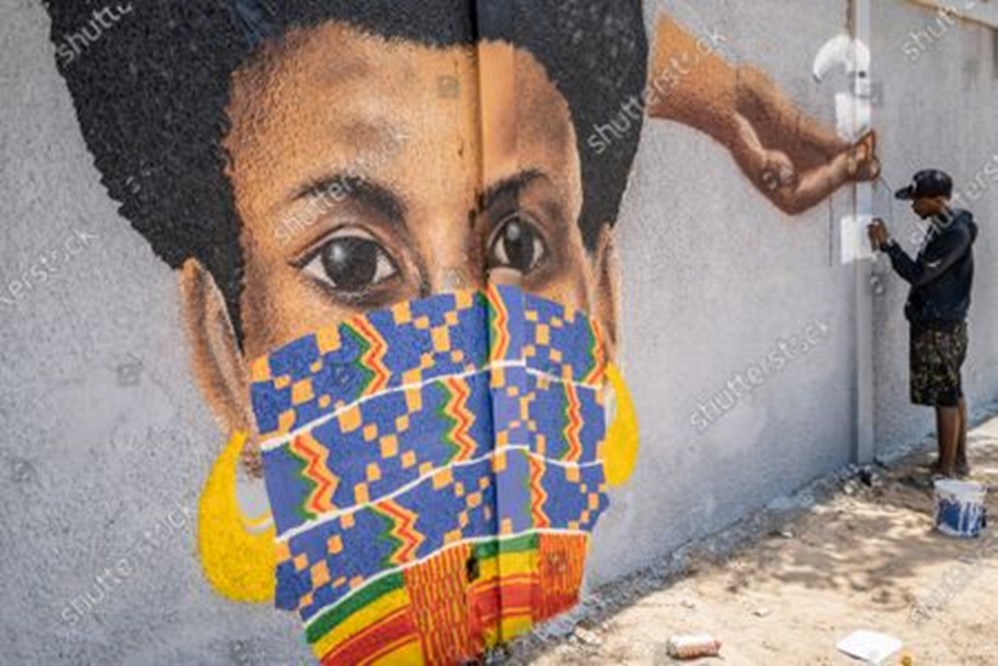
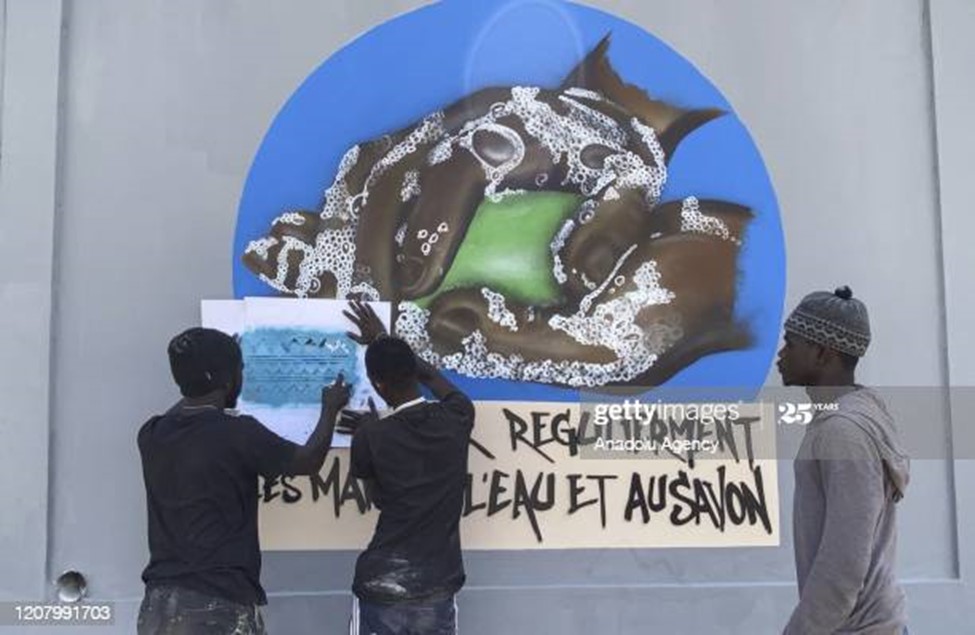
They informed the public with engaging visuals, incorporating a humanistic approach. This contrasts greatly when compared to the U.K. governments strategy – a warning visual that evokes a sense of panic and doesn’t particularly provide any clear instruction.

The lack of direction or clear instruction in this message was criticised and the U.K. general public displayed their lack of faith humorously on social media:


Whilst we joke about the efforts of a clear communication strategy from the government, the truth remains that the lack of one has cost lives. We may have come together as a country but that hasn’t been facilitated enough by the government as it has been in Senegal.
Take for example how the government communicates in debriefs with the public, Boris Johnson infamously quoted, “Many more families are going to lose loved ones before their time.” This at the time was deemed insensitive, almost trying to casualize the loss of lives and accepting the fate of the virus. Compare this with how Senegalese officials announce the death of each life lost,
“Senegal registered its 13th death from COVID-19 Tuesday, May 5, 2020. The death was a 94-year-old man. The Minister of Health and Social Action offers its condolences to his family.”
Their approach is empathetic, humane and personal, their communication has been described as, “notable not only for its humanity but for its thoroughness.” They have managed to communicate an interpersonal relationship with the Senegalese public, and in turn have reinforced the public’s trust with the government’s methods of containment. Compare this to Pierce Morgan’s daily whines of how they haven’t had a government representative appear on ITV (I think it’s day 188 now) and it is clear to see the difference between public support in comparison with the two countries.
Senegal has received international recognition for their strategy as, ‘A global Covid-19 response index by Foreign Policy magazine gave Senegal the highest possible score for its communication strategy.’ Showcasing an example to the rest of the world.
They also made a music video in Dakar, the capital of Senegal. The song featured internationally artists – titled, ‘Daan Corona.’
When translated into English, the song offers practical advice, “washing our hands, avoiding gatherings to forget this plague.” Facemasks are worn fashionably as they stand in front of notable landmarks.
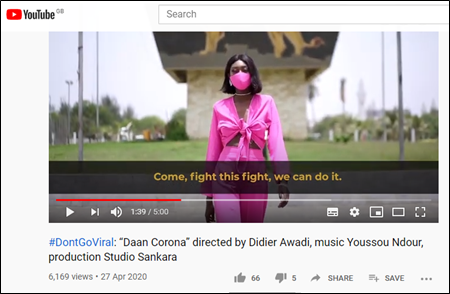
The sense of community and togetherness in this video is encouraging. I don’t speak Senegalese but when watching this video, I am too reminded of the personal ownness that we all have in this situation.
A video like this lies in stark contrast to the U.K. government ad featuring the monotone voice of Chris Whitty.
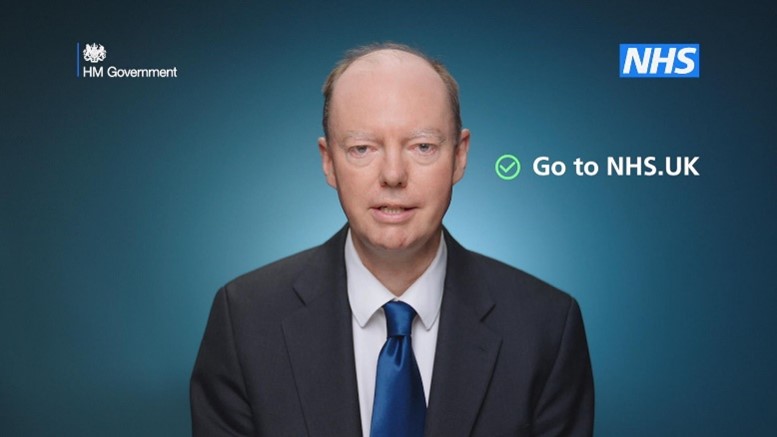
And I hate to diminish the efforts of someone who quite obviously has an important role to play, but in terms of creating an engaging message, he fell short. I have an image in mind of Boris Johnson, Matt Hancock and Chris Whitty drawing straws, ending with Chris drawing up short and being forced to appear on screen.
Every country in the world has had their trials in dealing with Covid-19, but a strong and clear communication strategy should be fundamental in tackling it. The U.K. government has had many more examples of poor or unclear messages and when this is a constant theme, public support diminishes. Trust in the government and their motives, combined with engaging messages to the public, is crucial in fighting the spread. And although it would be nice, I cannot imagine seeing our current government official’s naming each life lost.
Sara Lynch is a final year BSc in Communication, Management and Public Relations student at Ulster University – interning with Ulster University’s Access, Digital and Distributed Learning department. She can be found on LinkedIn
